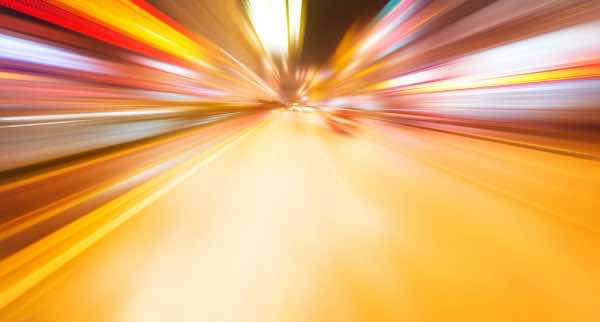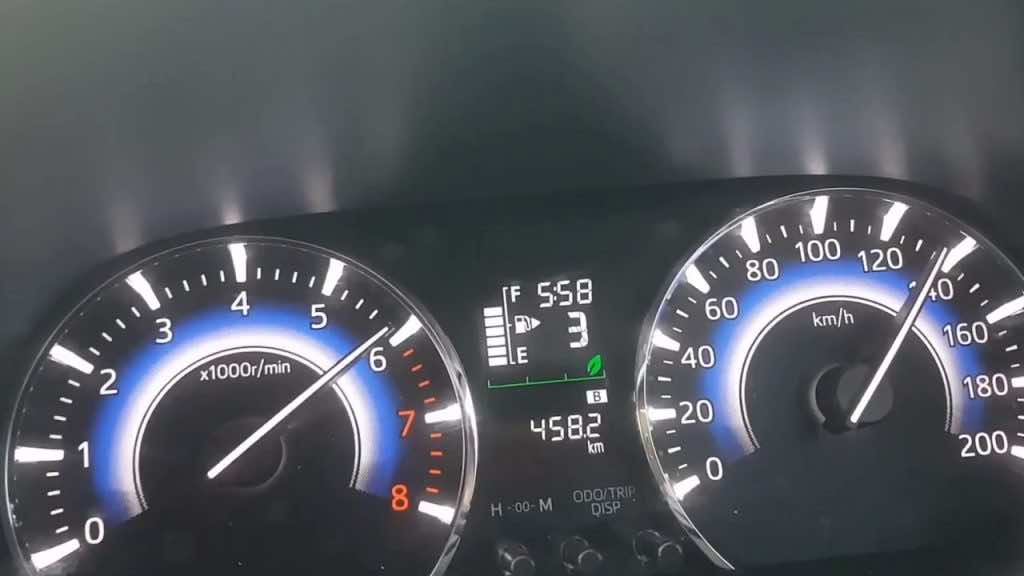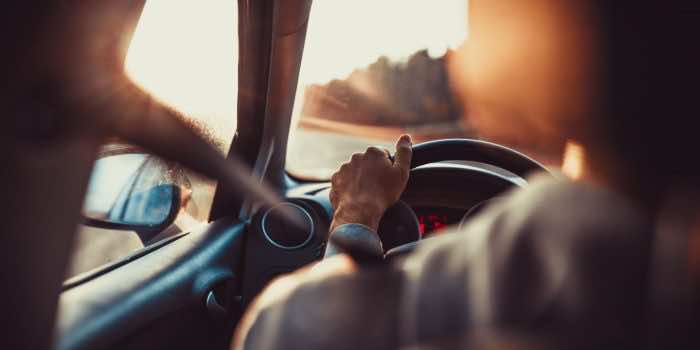A driver knows the physical feeling of acceleration, and the rush as the speed picks up is probably what makes it thrilling to go beyond the speed limits.
The feeling you get from a surge of acceleration is quite familiar to everyone who drives, or has ever driven, but it turns out that it leaves us with another associated response that not everyone knows about. Let’s dig in together to what the scientists have found recently, and what that particular “stress response” might be doing to our bodies.
Scientists conducted the study on participants who drove around town in the capital setting of Bryan-College Station, Texas, and investigated the physiological effects of acceleration on those individuals.

Scientists found an elevated stress response triggered by the continuous stopping and starting of just roaming around the town in one’s car, in conditions where the driving speeds were low and the traffic conditions were pretty light, for to say, not frustrating at all but still showed experiencing a form of hyperarousal.
“We call the phenomenon ‘accelarousal’,” explains computational physiologist Loannis Pavlidis from the University of Houston. “Accelarousal is what we identify as stress provoked by acceleration events, even small ones,” he added.
Accelarousal sounds like a term coming out of an action movie, for you to know, it just sounds that cool and actually is far from being cool at all. Hyperarousal in this sense is a kind of a stress response and indicates that the drivers feel overloaded by stressors that are not apparent but can be known by readings of electrodermal activity and heart rate.
Researchers used in-car thermal imaging cameras for monitoring stress response in the 11 participants of this short experiment. It measured levels of perinasal perspiration which is an involuntary facial response that indicates arousal of the sympathetic nervous system. Simultaneously, a computer was deployed that was recording the vehicle’s acceleration, steering, speed, and brake force.
“Acceleration events were of the mundane type, such as entering a highway from an entrance ramp or starting from a red light,” the researchers write in their paper.
The route was specifically designed to simulate naturalistic driving under the mildest circumstances. The routine driving conditions were found to elicit larger arousal reactions to acceleration in half of the drivers, as per the results.

“The differences were significant, with ‘accelaroused’ participants logging nearly 50 percent more stress than non-accelaroused ones,” Pavlidis explains. “It was a very consistent behavior, which means, in all likelihood, this is an innate human characteristic,” he added.
“Psychometric measurements taken through a standardized questionnaire given to every volunteer at the end of the drive revealed that accelaroused drivers felt more overloaded,” Pavlidis says. “This was a clear indication that accelarousal was taking a toll on drivers, and that the drivers were not consciously aware of that [during the drive].”
It is yet to be found that why some ‘accelarousal-prone’ drivers experience elevated stress due to acceleration in comparison to other healthy drivers who didn’t seem to show the same response. Researchers speculate it could because of the genetic predisposition.
The long-term consequences of the accelarousal responses might be in people who exhibit them, however, whatever the effects, they are not good for sure. “If these events happen frequently and on a sustained basis, they are likely to have long-term health effects, not unlike any other long-term stressor,” the authors write.


